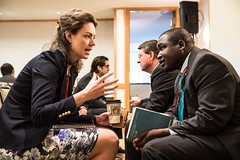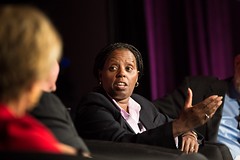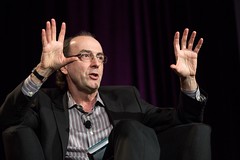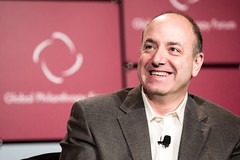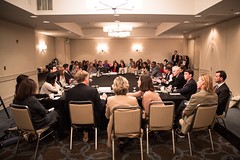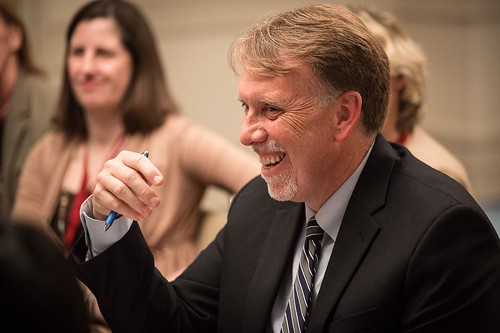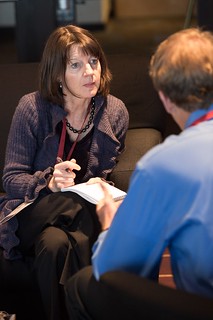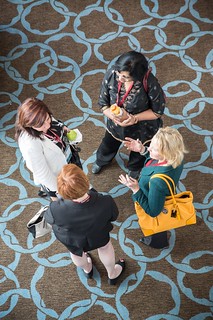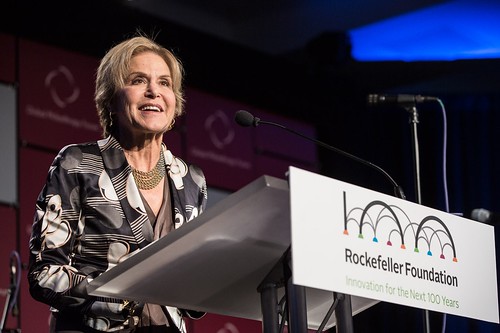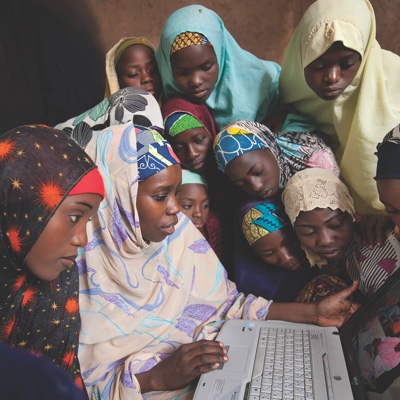
The Future We Make: Outrage, Opportunity, and Choice in the Digital Age
• Redwood City, CA
Outrage: Emerging economies are rapidly growing. Democracies are expanding. New digital tools are empowering. Yet joblessness, hunger, disease and even slavery persist. These deficits are both a cause and a consequence of poverty and insecurity, creating the conditions that allow more than 860 million to go hungry, and over 20 million fellow human beings to be trafficked and sold into slavery.
Will we act on our outrage?
Opportunity: The time is now. Newly open economies are experiencing rapid and sustained economic growth. As wealth is created and capacity is built, indigenous philanthropists are emerging, dedicated to promoting inclusive development in their countries and on their continents. The digital revolution allows them, and us, to target philanthropic interventions with greater precision. Together we can tap that great reserve of human ingenuity that exists in every community, family and person. With modest investments, we can enhance the impact of grantees and entrepreneurs by ensuring they have digital tools to communicate, fabricate and connect solutions to problems, and services to those in need.
Will we seize the opportunity?
Choice: We can help make the future. We can combine and collaborate on effective strategies. We can source and support ingenious nonprofits and social enterprises with promising approaches, and bring their solutions to scale. We can identify and advocate smart policies. We can employ newly available tools, including data – big and small. And we can inform the choices of millions of others, recognizing that the dangers that seize us, as well as their solutions, are often the result of the aggregate effects of millions of individual decisions, ours among them.
Videos
2013 GPF – Day 1 Highlights

2013 GPF – Day 1 Highlights

The Future We Make: Development in the Digital Age

The Outrage of Modern-Day Slavery

Feeding the Next 7 Billion

Decision-Making in Philanthropy: A Science or an Art?

The Rockefeller Foundation Centennial Dinner: A Celebration of Strategic Philanthropy
Agenda
STRATEGIC PHILANTHROPY
Data and real-time analytics are powerful tools in efforts to alleviate poverty, improve health, increase agricultural productivity and educate youth. Data, when shared, allow philanthropists and those they support to know what works and what doesn’t, to identify funding or knowledge gaps and to find evidence of impact. Ultimately, grantors and grantees will be able to intervene with greater knowledge and precision — and enhance their collective impact.
This track will showcase new philanthropic initiatives that have been launched, including those that have leveraged data — big and small — effectively.
MODERN DAY SLAVERY
The US government recently increased its commitment to combating human trafficking. In September, President Barack Obama addressed “the injustice, the outrage of human trafficking,” stating that it must be called by its true name: “modern slavery.” Despite efforts to prevent human trafficking and care for its survivors, there are more than 20 million men, women and children who are enslaved across the globe. This is one of the greatest human security challenges of our time.
This track will consider the opportunities to fight and end modern-day slavery.
AGRICULTURE & NUTRITION
Despite economic growth and breakthroughs in sustainable agriculture, nearly 1 billion people still live with chronic hunger. Among hunger’s cruel outcomes is health that is compromised and learning that is impaired, trapping its victims in a lifetime of poverty. Undernutrition contributes to more than 5 million deaths of children under age five each year. It is estimated that the earth’s population will reach 9 billion by 2050, requiring at least a 70 percent increase in the rate of global food production.
This track will consider the role of new technologies, ingenious financing mechanisms and strategic philanthropy aimed at ensuring a safe and sustainable global food supply.
EDUCATION, LEARNING & EMPLOYMENT
In the digital age, the earnings gap between those with access to education and those without is rapidly growing, threatening new divisions along educational lines. And despite economic growth, the global youth unemployment rate remains at an all-time high, with nearly 75 million individuals age 15 to 24 without work in 2012. Certainly, the global recession and macro- and microeconomic policies are key factors, but so too are the quality and the relevance of education. While access to education has improved significantly, its bearing on future employability is still a concern.
This track will highlight statistics for revolutionizing the content and the delivery of education to better equip students for the jobs of today and tomorrow.
Featured Speakers
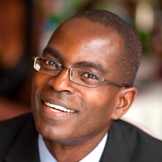
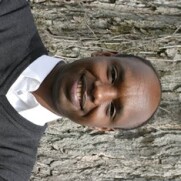
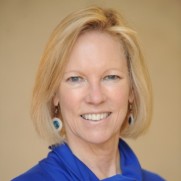

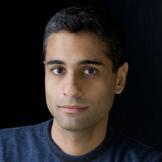
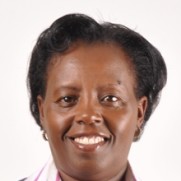
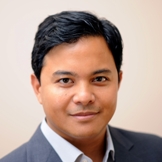
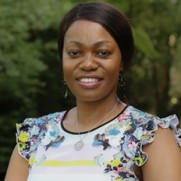
Location

Hotel Sofitel
223 Twin Dolphin Dr,
Redwood City,
CA 94065
Photos
